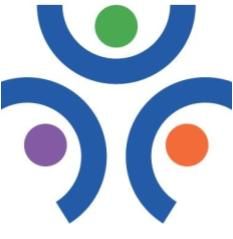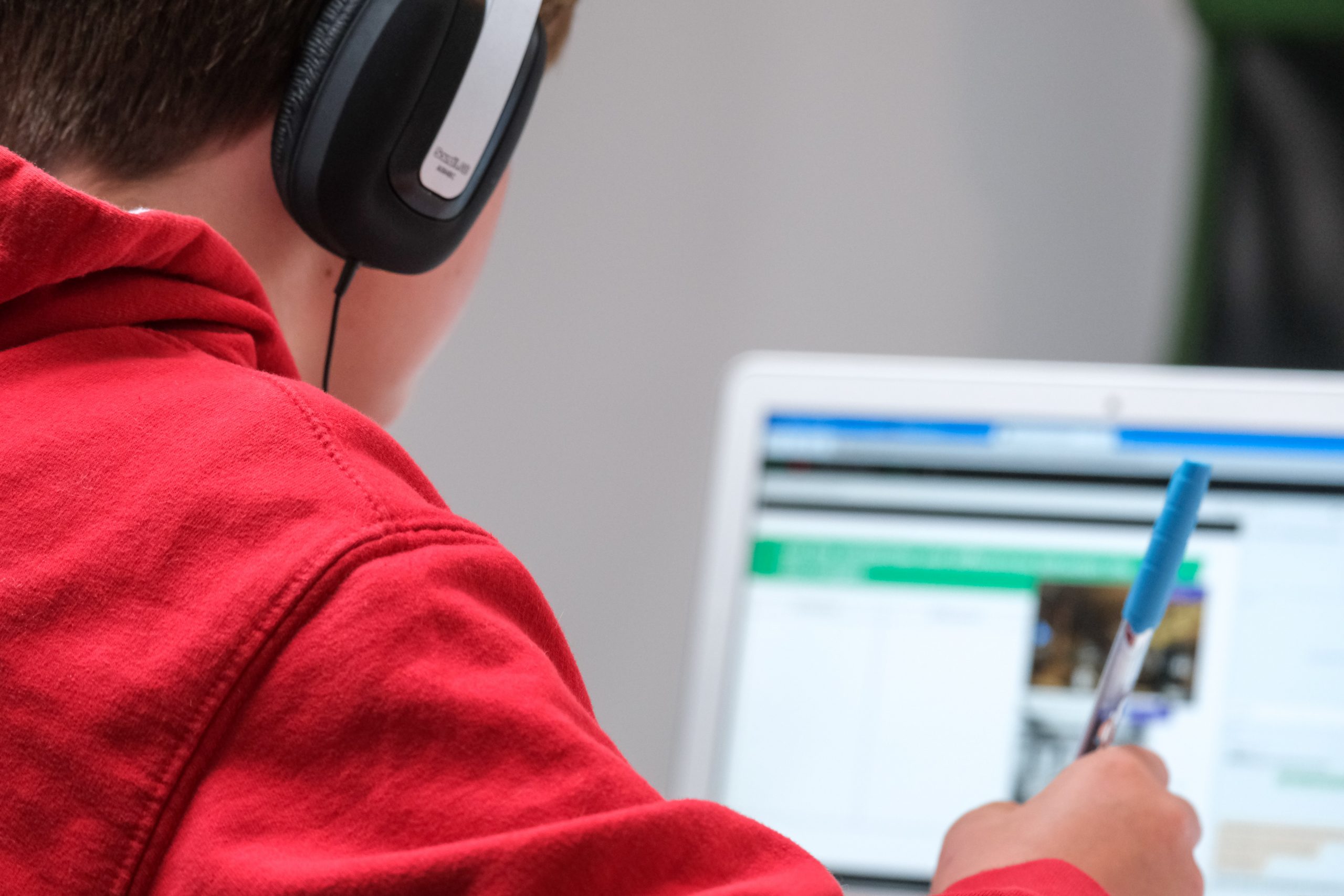Literacy is the cornerstone of cognitive development and one of the strongest predictors of future success in the classroom and beyond. Learning to read at an early age encourages children to build sophisticated linguistic skills, expand their vocabulary, and engage with their peers socially at an age-appropriate level.
Early Intervention is Crucial
Language acquisition skills are necessary in the early years of life. The sooner a child gains phonological awareness, the sooner they can achieve reading comprehension skills appropriate—or beyond—their age demographic.
Unfortunately, the reality is that despite parents’ and educators’ best efforts, many adolescents fall behind. Approximately 20% of American children have difficulty learning to read when they are young. In the public education system, two-thirds of children do not have proficient reading abilities by third grade.
Facing Common Reading Challenges
In the early grades, reading challenges might go unnoticed, but if they are not caught in time, they can impact a student’s ability to succeed. Many children struggle to build reading comprehension, but while this issue is common, statistics show that early intervention is necessary as a preventative measure.
According to educational psychologists, there are two types of skills required for reading comprehension: general language comprehension and word recognition fluency. Psychologists understand that early intervention initiatives encourage students to develop both skills in a holistic manner, and educators see the benefits every day in our classrooms.
Diagnosis and Treatment
Reading difficulties are often the result of learning disabilities which require special education. Keep in mind that there is a wide range of learning disabilities that can negatively impact reading skills, from ADD to central auditory processing disorder to dyslexia. While a child with attention deficit disorder may find it hard to read due to hyperactivity, a dyslexic child will struggle due to difficulty decoding words.
If your son or daughter is struggling in school, it’s natural to be concerned. However, it is important not to panic and rush into anything, as misdiagnosis may only exacerbate the problem. Consult your doctor and allow him or her to direct you to a diagnostic test for a learning disability.
Lake Michigan Academy takes pride in our early intervention initiatives for students with unique learning differences. We are one of the best special education schools in the Grand Rapids area and enable students to achieve scholarly and social success despite their struggles in the traditional education system.






